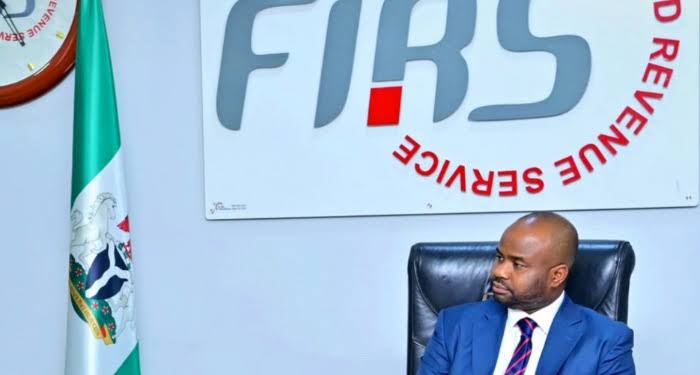The Federal Inland Revenue Service (FIRS) has begun sensitizing stakeholders in Nigeria’s oil and gas sector on early integration into the Merchant Buyers Solution (MBS) platform, in preparation for the nationwide rollout of the National E-Invoicing System scheduled for July 25, 2025.
During a stakeholders’ session in Lagos on Monday, the agency confirmed that the digital invoicing system is already fully operational, with several large taxpayers currently piloting the platform. FIRS emphasised that early adoption will boost tax compliance, enhance transaction transparency, and streamline administration through real-time reporting.
The MBS platform allows businesses to generate, validate, store, and exchange invoices electronically in real time. Each e-invoice receives a unique reference number to verify authenticity and provide FIRS with full visibility into business transactions.
The rollout aligns Nigeria with international practices in electronic tax administration. Global consultancy EY noted that the system draws on global frameworks like the Pan-European Public Procurement Online (PEPPOL) model, positioning Nigeria in step with digital taxation trends.
FIRS officials acknowledged existing challenges, including infrastructure demands, taxpayer education, and system trust. The agency’s Acting Director of Tax Automation explained that implementing such a high-volume system requires extensive forecasting of digital infrastructure needs, especially considering its future role in tracking banking transactions and telecom activities for tax purposes.
FIRS consultant for the MBS project affirmed that the platform is fully ready for business integration and has already been adopted by several major taxpayers. However, he clarified that July 25 is the system’s go-live date, not a compliance deadline. Businesses are encouraged, but not mandated, to begin using the platform from that date.
“We’re focused on encouraging adoption by making the platform easy to use. Businesses can enable themselves at their own pace,” he said, adding that efforts are ongoing to involve innovators in building accessible, end-user tools around the system.
The FIRS Technology Department director added that the e-invoicing initiative is not a payment tool but a transaction monitoring system designed to improve transparency. He noted that beyond tax tracking, the data generated could support broader market analysis, help businesses identify purchasing patterns, and enhance national security efforts.
He further explained that the system is expected to eliminate practices like turnover suppression, as all transactions will be visible and verifiable, offering a more accurate picture of tax liabilities and aiding efficient revenue administration.
The e-invoicing system is a major step in Nigeria’s tax reform efforts and digital transition, particularly in high-value sectors like oil and gas. By promoting voluntary early adoption, FIRS aims to ensure a smooth transition to the new framework and encourage nationwide compliance in the long term.










